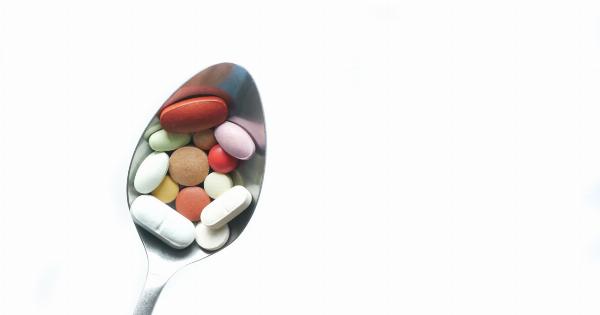Breast cancer is one of the most common types of cancer among women and can occur at any age.
Although regular screening and lifestyle changes can reduce the risk of developing breast cancer, certain prescription medications have been shown to be effective in reducing the risk as well. Let’s take a closer look at some of the medications that can help shield you from breast cancer.
Tamoxifen
Tamoxifen is a medication that is commonly used to treat breast cancer and can also be used to reduce the risk of developing the disease.
Tamoxifen works by blocking the estrogen receptors in breast tissue, thereby reducing the growth of cancer cells that require estrogen to grow.
Women who are at high risk of developing breast cancer may benefit from taking tamoxifen as a prophylactic measure.
Research has revealed that tamoxifen can reduce the risk of developing breast cancer by as much as 50% in women who have a high risk of the disease.
Raloxifene
Raloxifene is another medication that can help reduce the risk of developing breast cancer. Like tamoxifen, raloxifene works by blocking the estrogen receptors in breast tissue.
This medication is typically prescribed for women who have osteoporosis, but it has also been found to reduce the risk of invasive breast cancer in postmenopausal women.
A large-scale study revealed that women who took raloxifene experienced a 44% reduction in their risk of developing invasive breast cancer compared to those taking a placebo.
Raloxifene is a good option for women who are at high risk of developing breast cancer but cannot take tamoxifen.
Aromatase Inhibitors
Aromatase inhibitors are a class of medications that are typically used to treat hormone receptor-positive breast cancer in postmenopausal women. These medications work by blocking the production of estrogen in the body.
Recent research has suggested that aromatase inhibitors can also be used as a preventive measure for breast cancer in women who have a high risk of the disease.
One study found that the use of aromatase inhibitors reduced the incidence of invasive breast cancer by 65% in high-risk postmenopausal women.
Exemestane
Exemestane is an aromatase inhibitor that is commonly used to treat hormone receptor-positive breast cancer in women who have already gone through menopause.
This medication works by reducing the production of estrogen in the body, which in turn slows the growth of cancer cells.
A clinical trial found that exemestane reduced the incidence of invasive breast cancer by 65% in postmenopausal women who were at high risk of developing the disease.
Exemestane is a good option for women who have a high risk of developing breast cancer and cannot take tamoxifen or raloxifene.
Conclusion
While lifestyle changes such as exercising regularly, maintaining a healthy weight, and limiting alcohol consumption can help reduce the risk of developing breast cancer, certain prescription medications can further reduce the risk.
Tamoxifen, raloxifene, aromatase inhibitors, and exemestane have all been shown to be effective in reducing the risk of developing breast cancer in women who are at high risk of the disease. Be sure to talk to your healthcare provider to determine if one of these medications is right for you.























